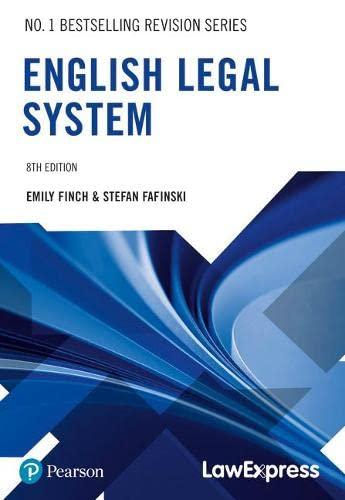Answered step by step
Verified Expert Solution
Question
1 Approved Answer
Manufacturing Corp. is engaged in the business of making and selling specialized machinery to the automotive industry. In its business, Manufacturing uses large quantities of
Manufacturing Corp. is engaged in the business of making and selling specialized machinery to the automotive industry. In its business, Manufacturing uses large quantities of steel. In July, Manufacturing entered into an agreement with Steel Co. under which Manufacturing agreed to buy rolled steel exclusively from Steel Co. and Steel agreed to provide Manufacturing a 10% discount from the price it charged its other customers. Steel agreed to the discount because it expected to sell large quantities of rolled steel to Manufacturing. In September Manufacturing started using more plastic in making its product. The result of this change was to cut Manufacturing's needs for Steel in half. Since Manufacturing is now buying less steel, Steel Co. has refused to grant Manufacturing Co. the 10% discount. Manufacturing has refused to pay anything more than 90% of the amounts Steel claims it is owed. Steel has refused to ship steel to Manufacturing unless Manufacturing pays the 10% difference. Manufacturing has therefore been forced to purchase steel from other steel companies. Directions your task is to draft arguments for Manufacturing Corp., including what damages it may seek if it sues Steel Co. Must cite the statute and a case used Florida state for example A. Ethics and professional responsibility are a huge part of the negotiations and executions of business transactions, implementation of business policies and procedures and management of a business on a day-to-day basis. Business executives must often make tough choices between what is legal and what is ethical, and how each would affect a company's bottom line. For example, a company may have a product that may have some adverse effect when used in a certain fashion or there may be some flaw in a design. The company has to make the determination as to whether marketing the product as is would pose a threat to potential consumers of the product and if so, whether such would be legal or ethical. Sometimes companies would run with the product if there would only be a small number of people affected, or if the profit from such would be substantial. In a recent case, Tyler, v. XYZ Corporation, Inc., the Plaintiff sued XYZ Corporation based on a theory of products liability. The Plaintiff claimed that the Company intentionally altered reports regarding its design for its new hand-held vacuum cleaner. The Company was attempting to prevent the disclosure of the fact that if the vacuum was used on the high-level for more than 5 minutes at a time, the coils could cause sparks, which could potentially burn the user or any material the user maybe cleaning. The company had already spent millions of dollars on the engineering and marketing of the product and felt that most users would not be affected. The rationale was that most operators of a hand-held vacuum cleaner would only clean small areas at a time and were not likely to use the product for longer than 5 minutes. The company chose to ignore the potential harm and put the product on the market. It sold millions of vacuums within the first 2 months in distribution. The Court, however determined that, ......... I agree with the Court's ruling because
Step by Step Solution
There are 3 Steps involved in it
Step: 1

Get Instant Access to Expert-Tailored Solutions
See step-by-step solutions with expert insights and AI powered tools for academic success
Step: 2

Step: 3

Ace Your Homework with AI
Get the answers you need in no time with our AI-driven, step-by-step assistance
Get Started


